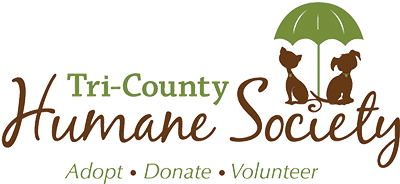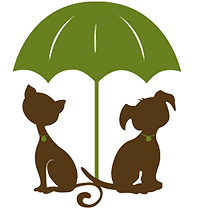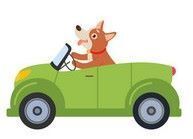There was a time when every dog had a job. The border collie herded sheep, and the komondor guarded them. The Siberian husky moved the men of the North, while the Alaskan malamute hauled freight.
Depending on geography and game, any number of breeds helped bring home dinner. Meanwhile, back at the homestead, terriers kept busy chasing the fox out of the henhouse and exterminating any vermin that crossed their path.
Today, unemployment has hit the dog world hard. And without work, all too many of our canine companions occupy themselves with destructive chewing and digging. They liven up their days with choruses of barks and howls, and generally worry themselves into a dither. In other words, they are bored and underexercised! The solution is increased exercise and structured play.
Exercise
A walk around the block or a ten-minute romp in the backyard several times a day is minimal exercise, and is not enough to meet the average dog's needs. Active breeds (dogs from the sporting, herding, hound, and terrier groups, northern breeds, or any mixtures of these) and virtually all adolescents (dogs who are six to 18 months old) require much, much more.
Brisk on-leash jogging, race walking, or strolling several miles can tire out Bonkers. Playing Frisbee or retrieving a tennis ball in a fenced-in enclosure is wonderful aerobic exercise. Road working your dog by bicycle or in-line skates can tire out the likes of just about any boxer or Doberman.
Make sure you have veterinary approval for any of these high-level activities, especially if your dog has been the neighborhood couch potato lately. Start slowly to build up your dog's stamina, strengthen his muscles, and toughen the pads of his feet. If your canine is dog friendly, the neighborhood dog run is the urban owner's best friend. What could be better than a safe, fenced-in area where your dog can run offleash with his own kind? But it is important to be sure that you are able to call your dog out of the play group (and that your dog will respond appropriately) in case there is an emergency and everyone needs to swiftly get hold of his or her own dog.
Structured Play
Base your play on the jobs your dog's forefathers used to perform. Most golden and Labrador retrievers, for example, are naturals at water retrieving tennis balls or nubby rubber bumpers. Corgis and border collies are in seventh heaven when herding a giant boomer ball. Bichons frises and Maltese delight in trick training. Beagles will excel at biscuit hunts around your property.
Many dogs enjoy a rousing game of tug-of-war, but beware: teaching a dog that he is stronger than you can be hazardous to your health! If the dog growls in a menacing manner (as opposed to a play growl) or stiffly stands over the tug toy and snarls, abort the game. This activity is not appropriate for your dog. Perhaps he'll do better with one of the many food-dispensing toys on the market. Make him work for his breakfast kibbles!
Remember that as the leader you must always be in control of these games — when, where, and for how long Bonkers gets to play. Increasing your exercise time together may just add a sparkle to the eye and a spring to the step for both of you!
Information adapted from Jacque Lynn Schultz, CPDT









